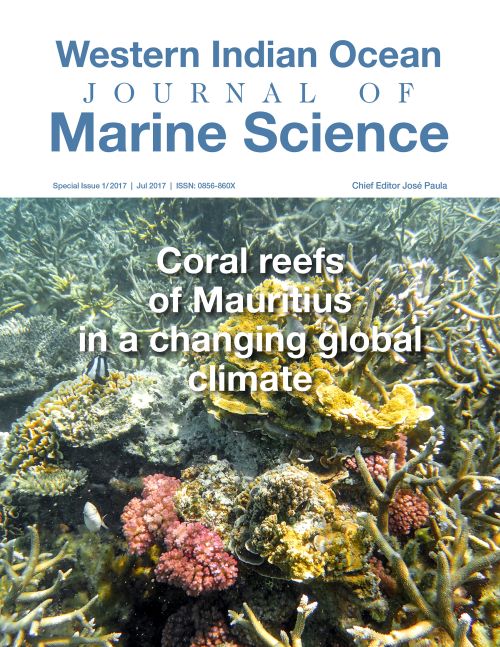Main Article Content
A comparative analysis of nucleic acid extraction methods on marine gastropods belonging to the genera Planaxis, Cypraea and Drupella from Mauritius
Abstract
In recent years, molluscan systematics has increasingly been relying on genetic tools to improve both traditional identification and classification methods. An essential prerequisite for molecular methods is obtaining sufficient quantities of high-molecular-weight, relatively uncontaminated and minimally degraded DNA. Several nucleic acid extraction protocols have been reported for molluscan DNA extraction such as phenol-chloroform and salting-out methods, but their relative efficiencies seem to vary between different genera of molluscs and no single protocol can be universally applied across all genera. We investigated the efficiencies of four nucleic acid extraction protocols (Methods I to IV) on the ecologically important marine gastropods belonging to the genera Planaxis, Cypraea and Drupella collected from Mauritius. Methods I - III are phenol-chloroform based while Method IV is based on binding to a selective silica membrane. We compared the efficiency in terms of purity, molecular weight and yield of nucleic acids extracted to investigate which protocol works best for which genus. We found that for each method, the nucleic acid yield varied significantly across the different genera, with Method I working best for Cypraea and Drupella and Method III working best on Planaxis. Based on these findings, we propose ways to optimise these two protocols.




